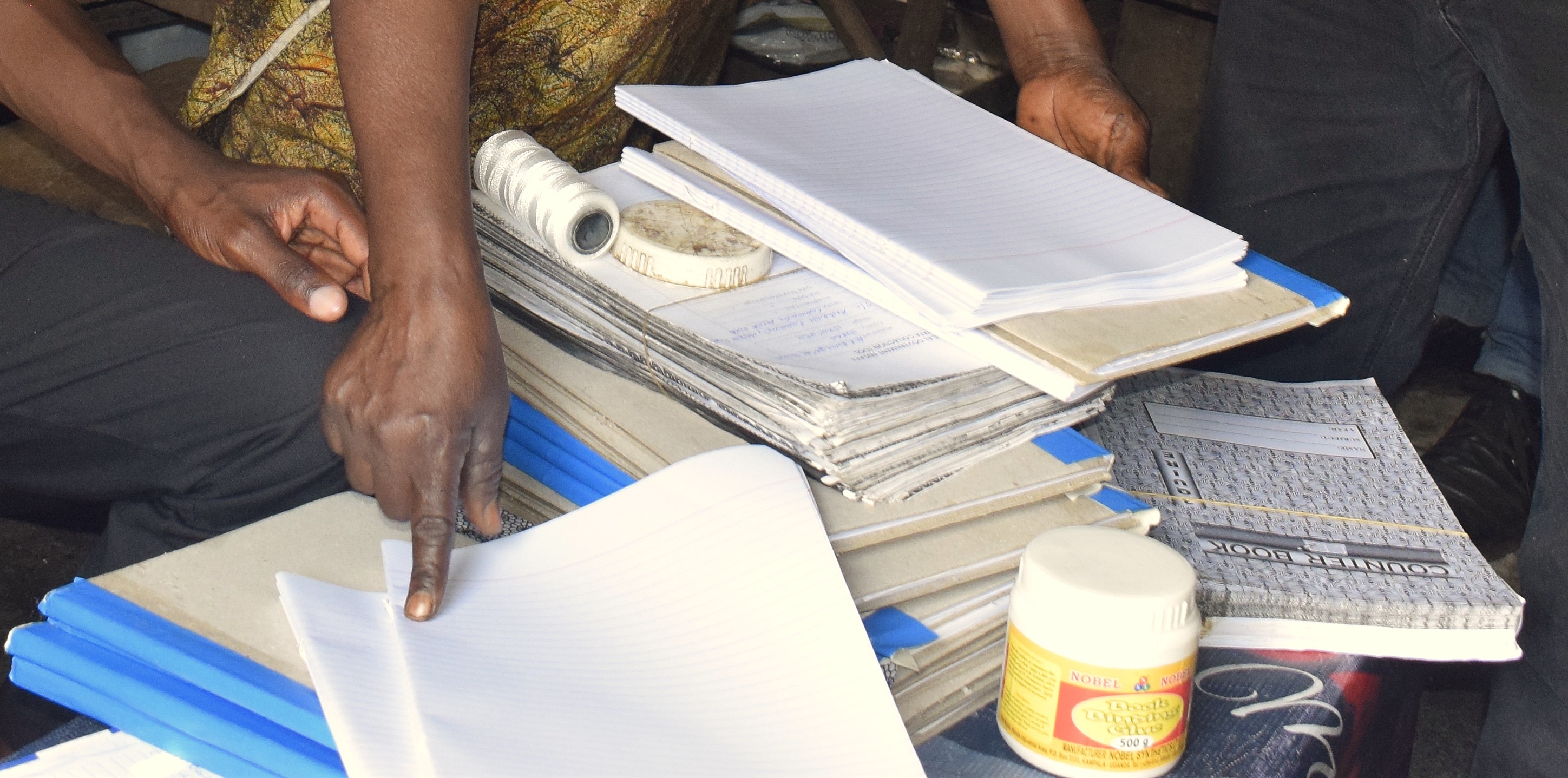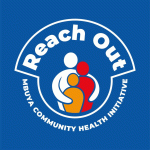Making a difference in HIV Care and Treatment services in the Kampala Region through technical assistance and support; Nine months of progress.
Dr. Gertrude Namale,
Kampala HIV Project Manager.
“As we work towards the global UNAIDS 95-95-95 targets, Kampala region remains a key focus in the fight against HIV/AIDS due to its diverse population. Funded by PEPFAR through the CDC, ROM has been leading the Kampala HIV Project (KHP) since October 2023 to contribute to the achievement of these targets.
Over the past nine months, our efforts in providing technical assistance have led to improvements in HIV care and treatment services in the Kampala region. Following national guidelines, we have supported clinical partners and Drop-in Centres to offer comprehensive, high-quality HIV/TB prevention, care, and treatment services to adults, children, and families affected by HIV.
Currently, we are supporting over 31 health facilities in the region, aiming to improve the quality of life for People Living with HIV/AIDS. The key areas of focus include identifying HIV cases, linking and retaining patients in care, finding and treating TB cases, integrating care for Non-Communicable Diseases, eliminating mother-tochild transmission (eMTCT), exposed infant diagnosis (EID), HIV drug resistance (HIVDR), viral
load coverage and suppression, as well as screening and treating cervical cancer.
Our goal is to ensure that 95% of clients on antiretroviral therapy (ART) achieve viral suppression and that all PLHIV with other infections, such as TB, cryptococcal meningitis, and cervical cancer receive proper management.
We are glad to inform you that our technical team has been deeply involved in enhancing HIV care and treatment services in the Kampala region and we have focused on strengthening health systems to ensure effectiveness and efficiency. In this period, we conducted numerous training and mentorship sessions for healthcare providers such as NCD integration regional roll-out, C-reactive protein, chest X-ray training, Young people and Adolescents Peer Support Programme (YAPS), mental health for the Adolescent Girls and
Young Women (AGYWs), viral load non-suppression, orientation on the new ART guidelines trainings and a lot more.
These sessions equipped healthcare providers with the latest knowledge and skills in HIV management. Regular virtual engagements and performance reviews have helped us fine-tune our strategies and ensure that the interventions have the desired impact. Recognizing the importance of community support, we have also embarked on the Integrated Community Service Delivery Model (ICSDM) to create a more supportive environment for individuals living with HIV. This approach has enhanced a stronger community network making it easier for PLHIV to access care.
In addition, our technical assistance has led to significant achievements; Healthcare providers have shown improved efficiency in managing HIV patients- thanks to the targeted trainings, mentorships and support offered by the technical team. More patients are now receiving quality treatment leading to better health outcomes. Despite these achievements, resource constraints and logistical hurdles have continued to affect service delivery. Moving forward, we are committed to addressing these challenges by advocating for increased funding, exploring innovative approaches, and strengthening partnerships with stakeholders, so much dedicated to improving the lives of PLHIV in Kampala, than never before.
By working closely with our key stakeholders, leveraging resources, and continuously seeking improvements, we aim to make meaningful changes that enhance the well-being of the vulnerable communities and positively impact to the lives of those infected and affected by HIV.”






